Description
This course provides information on the Saam Korean monastic acupuncture tradition from a theoretical, historical, and practical perspective. Special attention is given to this system’s implementation into a successful East Asian Medicine (EAM) clinical practice.
What You Will Learn
-
- Critically evaluate the Chinese classical sources of the Saam system theory
- Identify key differences and advantages of the Saam system vs other EAM strategies
- Understand how to apply the Saam system to varied clinical presentations
- Effectively implement the Saam system into your clinical practice
Webinar Outline
- Introduction – History of the Saam System
- Saam biography
- The beginnings of the tradition
- Evolution of the tradition
The Classical Texts – The Foundations of the Saam System
- Yi Jing (易經)
- Provides trigram relationships as a template for diagnosis and treatment.
- Huangdi Neijing Suwen (黃帝內經素問)
- Suwen Chapter 5 contributes Five Phase characteristics
- Suwen Chapter 24 contributes Six Conformation pairings
- Huangdi Neijing Lingshu (黃帝內經靈樞)
- Lingshu Chapter 10 contributes to point selection theory
- Nan Jing (難經)
- Difficult issue 69 contributes to point selection theory
Putting It All Together – Diagnosis and Treatment in the Saam System
- Evaluating physical, mental, and emotional signs and symptoms
- Incorporating those findings into the Saam diagnostic system
- Acupuncture point selection and methods
Advantages and Disadvantages of the Saam system
- Saam system vs other EAM systems
- Powerful clinical results necessitate a correct diagnosis
Saam System in Action – Case Studies
- 67-year-old male with a chief complaint of impotence
- 44-year-old male with a chief complaint of Stage IV melanoma
- 37-year-old female with a chief complaint of intolerance to cold
What You Get When You Register Today
- SAAM Course Notes
- 17 CPD points
- 5 years access
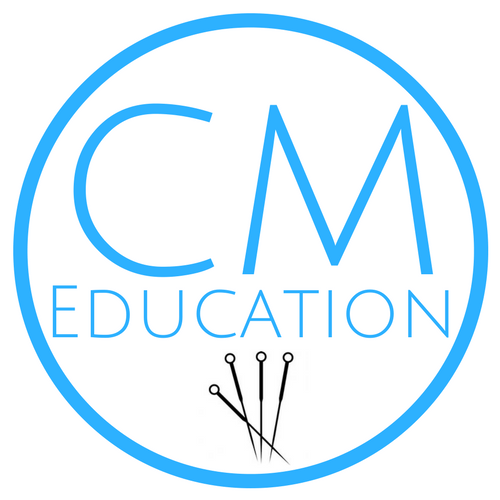
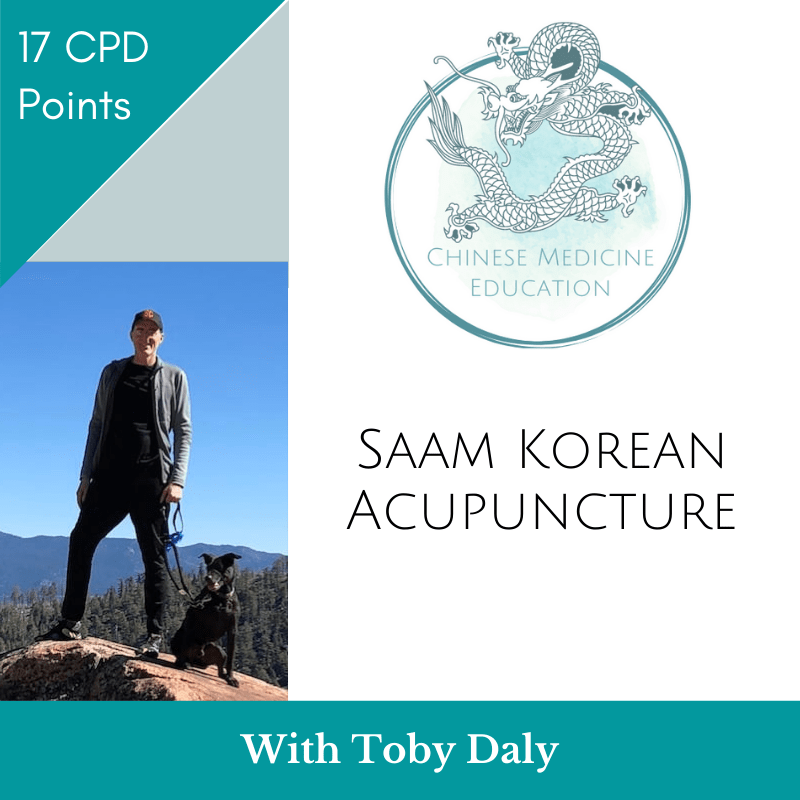
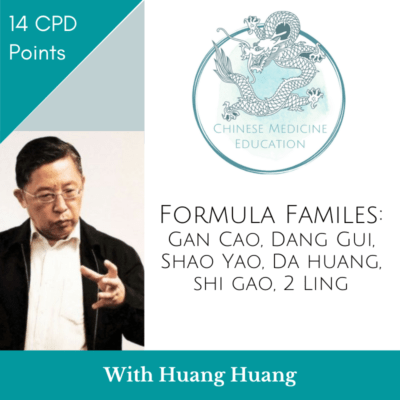
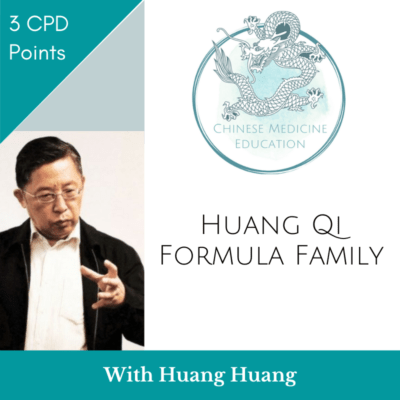
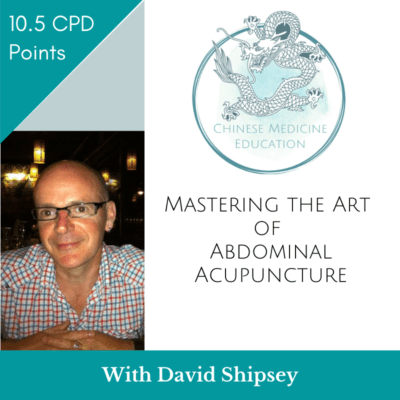
Reviews
There are no reviews yet.